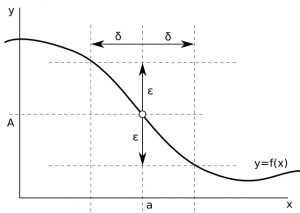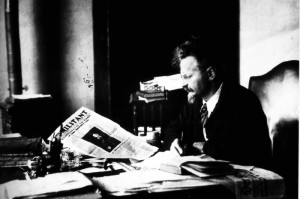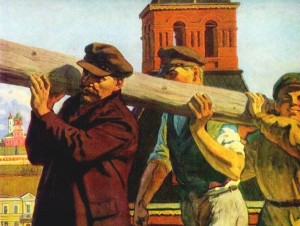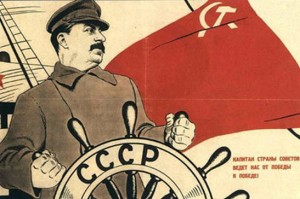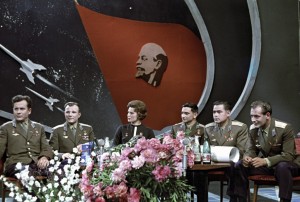
Ruben’s Abundance
One of the biggest triumphs of capitalism lies in having created the impression that it’s a natural system. A non-specialist, when considering other times and societies, will almost certainly interpret them through the prism of capitalist assumptions: transferable property, free trade, labour, wages, and so on. This state of affairs, however, took considerable violenceto achieve. Just as feudal regimes which were installed as the Roman empire fell, the rising of the bourgeoisie as Europe’s and the world’s new ruling class required major dislocations not only to an economic system, but to the worldview which comes embedded with it. So when looking at feudal property arrangements, we’re likely to try to substitute modern categories like property and rent for the more historically accurate feudal forms thereof, which entailed a complex bundle of rights and duties we can scarcely imagine today.
This process of expropriation and disolution of feudal relations and the resulting imposition of bourgeois property took place, in the UK, through many legislative acts, but more specifically through the “enclosures” and “clearances”. The former were decrees by which the landlords grant themselves the people’s land as private property, decrees of expropriation of the people.
As Marx points out, enclosures led to the usurpation of ancient communal land holdings, which had been preserved under the guise of feudal relations, by the great landlords who sought to inherit the position of those feudal lords, without any of the constraints they had been subject to. Clearances went further: instead of usurping the communal holdings, clearances swept tenants off their cottages, often by means which can’t be described in other terms than terrorism. Thus the estates were freed from common ownership and feudal encumberances, and those who dwelt on them from their means of subsistence, giving rise to the free trade in agricultural lands, the pauperisation of independent farmers, and the formation of the urban proletariat, deprived of anything but their labour power, ready to serve the voracious needs of incipient industries.
A similar case obtains for intellectual property. The fact that certain goods had not hitherto been subject to the discipline of the market won’t be seen by the bourgeois as anything but an opportunity.
Continue reading →














